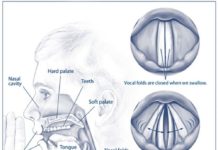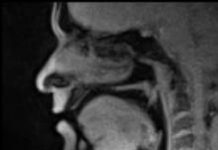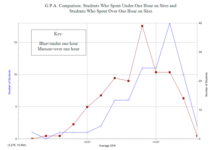My grandfather had a horrible case of PTSD. He was in a traumatic incident while in Vietnam. His nose was flattened due to an explosion. After his accident, he was extremely quiet. The same story goes for my step-dad. He has PTSD from serving in Iraq. He is somewhat quiet, and he never likes to speak about it. He likes to keep to himself . He drives the same way he did while serving in the military, and he doesn’t sleep very much. 
Post Traumatic Stress Disorder (PTSD) is a disorder in that occurs after a traumatic incident. According to the US Department of Veteran Affairs (VA), the person affected becomes quiet, has nightmares and flashbacks, experiences certain sights or smells that trigger flashbacks, has trouble sleeping, and speaks in short sentences. The VA reported that in 2010 there were the most suicides by military veterans due to PTSD, with a rate of 22 veterans taking their lives each day. The VA estimates that every 6 out of 10 men have PTSD and every 5 out of 10 women have PTSD.
February 2014 research from the Dallas VA Medical Center is testing a treatment that requires that the patient wear a headset that recites a series of scripts or stanzas from their incidents. Based on their reaction, the doctor would either administrate a corticosteroid—a medication for your adrenal cortex, which is gland in your brain—to control hormones; a placebo; or a glucocorticoid, which is a chemical to control the part of your immune system that controls hormones. The patient comes in for therapy occasionally afterwards, so the doctor can examine the anxiety level since the medication.
According to the Dallas VA Medical Center , “Dr. Adam Brenner, a Harvard-educated associate professor of psychiatry at University of Southwestern Texas, said there are many examples in medicine of promising pilot studies that didn’t survive the pressure testing of large, multi-site clinical trials across the country.”
Another treatment for PTSD is currently being researched at the VA. There is a series of happy events that the therapists will train you to remember. The therapists would then have you recite the traumatic experience, and then replace the experience with happy thoughts. These thoughts can range anywhere from a place to a significant person. The therapist from the VA might also ask you to remember all of the bad experiences at once. This is called ‘flooding’. This allows you to deal with anxiety and to not feel overwhelmed. This treatment doesn’t guarantee remission, but results over a 6-month period show that flooding works much better than relaxation.
Eye Movement Desensitization and Reprocessing (EMDR) is another treatment to be adopted by the VA. This treatment requires the patient to focus on stimulation exercises, such as hand movements, taps, and rapid eye movement. When the therapist moves, the patient must follow with their eyes. Experts are still working with the functions of EMDR, and will soon make this an official treatment.
My step-dad continues to get CTs (head scans) and blood tests to determine just how much Iraq affected him. My grandfather was stressed from PTSD so much, he died. Autumn Cunningham

This work is licensed under a Creative Commons Attribution-NonCommercial-NoDerivs 3.0 Unported License















I thought your article gave very important info on a serious topic. I would maybe add something at the end telling us how we could contribute to the research. Could you talk about some other situations that can cause PTSD?